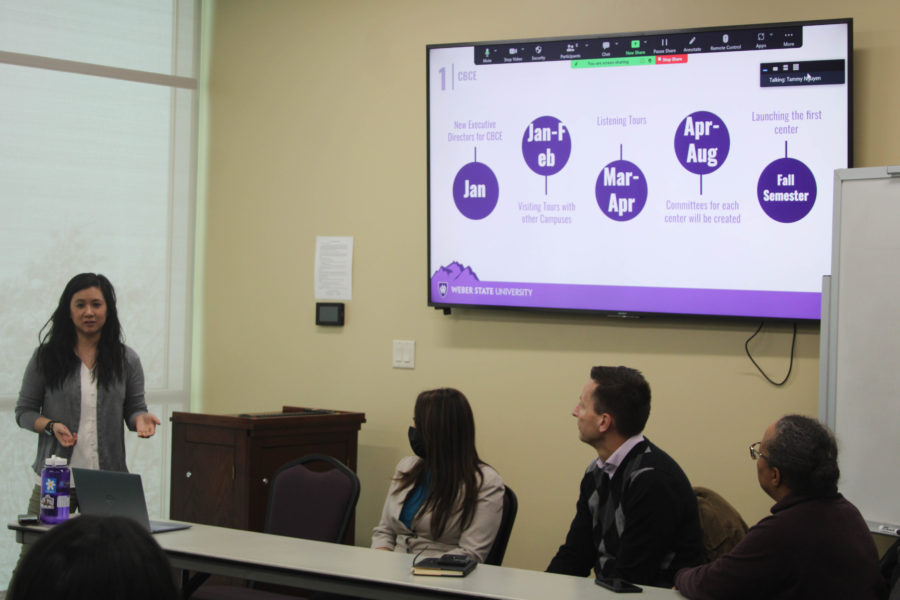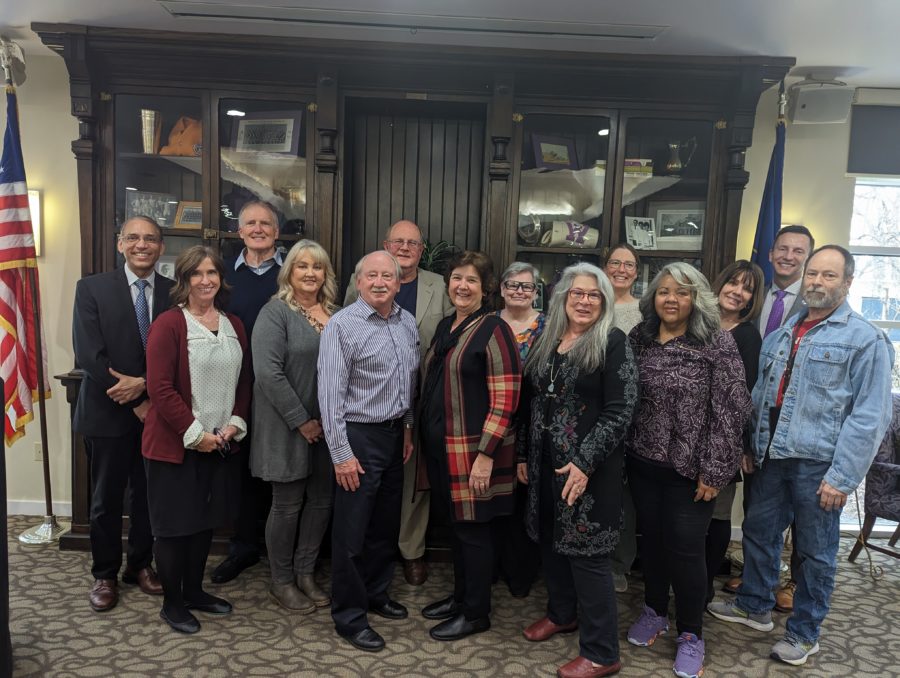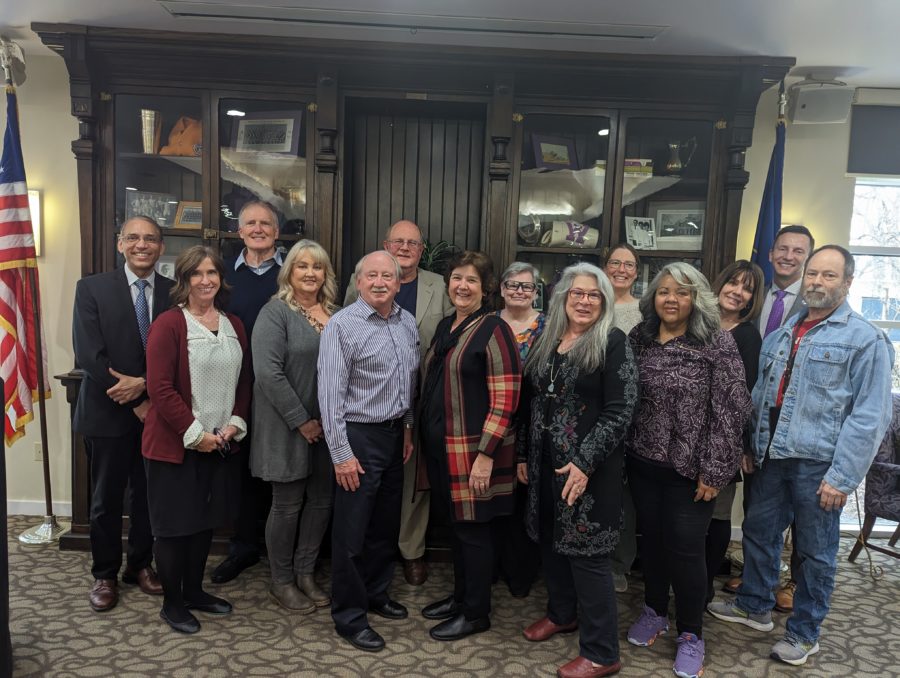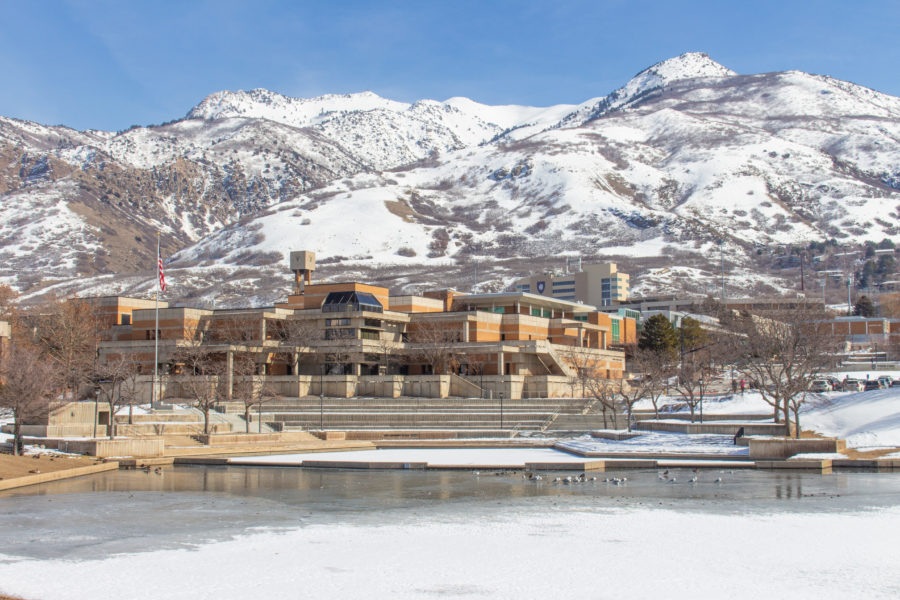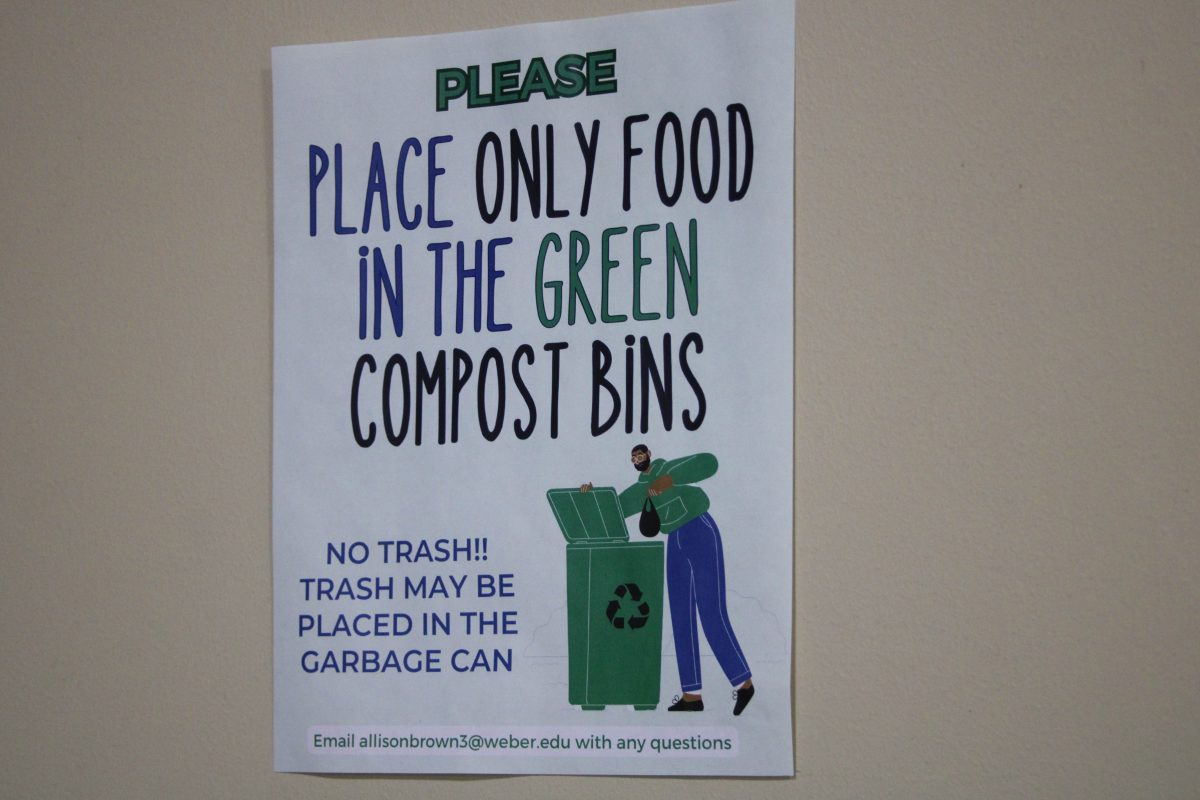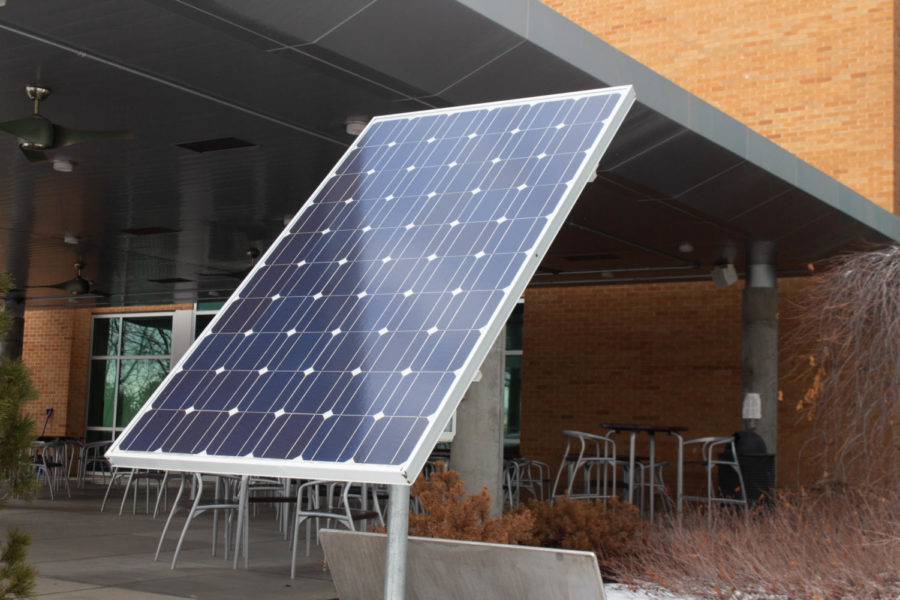
Ken Bugul came to Weber State University to talk about her personal knowledge regarding the role and history of women within the Senegalese community and its impact on youths immigrating outside of Africa. Ken Bugul is the pen name of Mariètou Mbaye Biléoma, a Senegalese novelist known for her book “The Abandoned Baobab.”
According to Bugul, leadership between men and women in Senegalese families was equal prior to the French colonization during the 18th century and Islamic
influence.
“We used to have traditional systems, and there was a balance between men and women,” Bugul said.
The idea of patriarchies and matriarchies didn’t exist in this traditional system.
“When (the French) came with their patriarchal system, they imposed that the man is superior,” Bugul said. “The man is the head of the family: he is the father, he is the prophet, he is the God, he is everything.”

Senegalese who lived in the major cities were taught basic French customs, and special schools taught young girls the behaviors expected of them once they married “somebody who is educated.” Those who lived on the coasts, known to be called “indigenous,” did not learn these “french styles.”
During the 1960s, Senegal regained its independence from France, although the patriarchal system was still firmly set in place until 1982.
During this time, Bugul recalled that many men lost their jobs, a fact noted by the World Bank Group data, as the gross national income of Senegal was steadily dropping until 1984, when it would begin to rise again. Soon after, more women began to enter the workforce to help their families.
“Because of that problem, the Senegalese women took the opportunity to recover what it used to be before the Muslim religion came and before the colonizers came,” Bugul said. “They were ready to do anything, just to maintain life and to have the family surviving.”

Bugul commemorates the rise in school attendance to the help and work of the Senegal women during the early to mid-1980s.
According to data provided by the World Bank Group, enrollment for schooling began to rise after 1978, and a seven-percent spike occurred between 1982 and 1986, a two-percent increase from the four years prior.
“The children born from this generation of women struggling, they are inspired by those women,” Bugul said. “They see the image of their mother, their strong mother, struggling for them to get to school.”
From these experiences, Senegalese and African children have found the strength to migrate and find opportunities for employment and education away from their homeland, according to Bugul.
Many who attempt to migrate often find challenges from natural elements, the biggest factors being the Atlantic Ocean, Mediterranean Sea and the Sahara Desert.
Data from the Missing Migrants Project claims that just within 2017, over 3,000 deaths occurred in the Mediterranean Sea, with approximately 442 recorded so far within 2018.
“The migration is not the desire of going to Europe, or even a desire to go and find a job or get money to send to the family,” Bugul said. “It is because they are in a desperate situation.”

Helam Baldomero, a Weber State freshman, attended Bugul’s lecture with his class. He found the information on migration to be particularly interesting.
“I like how they’re really inspired to help their mothers, which causes them to migrate to better areas,” Baldomero said.
Bugul wanted the audience to know that Africa, although known for its poverty, is not a poor continent.
“Africa is one of the most rich continents on the planet. We have everything,” said Bugul. “Africa is not poor. The African people are poor, but not the continent.”



